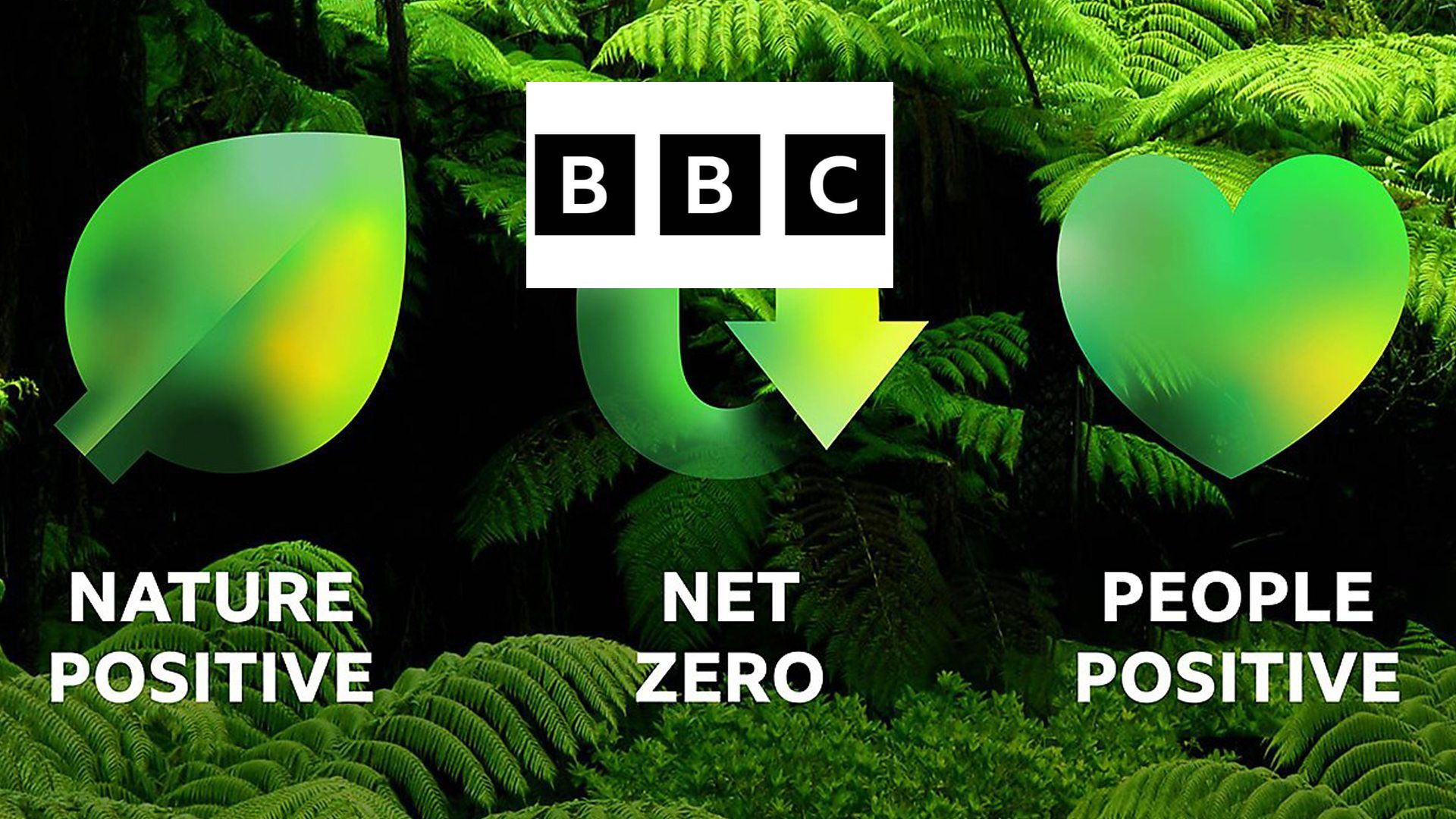
|
Listen to this story: |
- 90% Emissions Reduction by 2050: BBC commits to slashing all emissions by 90% by 2050, verified by the Science-Based Targets initiative (SBTi).
- Halving Emissions by 2030: Near-Term Targets set to halve scope 1 and 2 emissions by 46.2% by 2030.
- Comprehensive Sustainability Strategy: BBC’s plan encompasses Net Zero, Nature Positive, and People Positive strategies to drive sustainable media practices.
The BBC has solidified its commitment to a sustainable future with the approval of ambitious Net Zero targets, verified by the Science-Based Targets initiative (SBTi). These targets are a cornerstone of the BBC’s comprehensive approach to reducing its environmental impact and leading the charge in the media industry.
“We recognize that climate change and biodiversity loss are real, serious, and urgent,” said Danielle Mulder, BBC Group Director of Sustainability. “Our Near-Term Targets paved the way to setting Long-Term Targets to achieve true Net Zero by 2050.“
The BBC’s Long-Term Targets commit to reducing all greenhouse gas (GHG) emissions—scope 1, 2, and 3—by 90% by FY2050/51 from a FY2019/20 base year. This rigorous goal, aligned with the SBTi standard, emphasizes emissions reductions with only a maximum of 10% offsetting allowed. “Adoption of the Long-Term Targets within the industry standard provides a credible approach that is underpinned by scientific rigor,” Mulder added.
By 2030, the BBC aims to halve its scope 1 and 2 GHG emissions by 46.2% and reduce scope 3 emissions by 28%. These Near-Term Targets are crucial stepping stones towards the ultimate 2050 goal and reflect the BBC’s proactive stance on climate action.
The BBC’s sustainability strategy is comprehensive and includes three key elements:
- Nature Positive: Managing the BBC’s impact on nature to ensure it does more good than harm.
- Net Zero: Implementing a credible and science-backed strategy to rapidly cut emissions.
- People Positive: Leveraging the BBC’s platform to inform, educate, and inspire on climate and nature issues.
The BBC’s commitment extends beyond emissions reduction to include a broader impact on biodiversity, aiming to become a net positive organization that gives back more to the planet than it takes out. This strategy will guide every aspect of the BBC’s operations, from content production to building management and supplier engagement.
Related Article: SBTi Advances Corporate Net-Zero Standard with Focus on Scope 3 Emissions
As the BBC moves forward with these ambitious plans, it remains dedicated to playing a vital role in driving a sustainable media industry, creating content that not only informs audiences but also minimizes environmental impacts. Mulder emphasized, “Our approach to Net Zero is fully aligned with our impact on biodiversity and nature positive plans.“
These initiatives are not just about meeting targets—they are about ensuring that the BBC remains a leader in sustainability, delivering value for all and securing a future where both the planet and people thrive.
